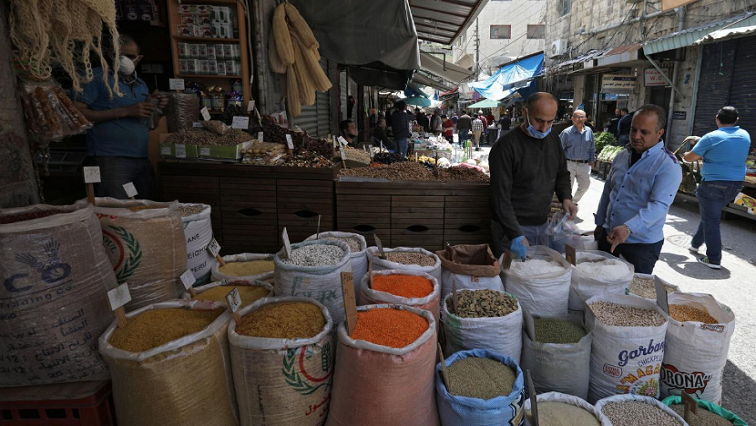Jordan’s cash-strapped economy is expected to contract around 3% in 2020 due to the impact of the coronavirus as government revenue plunges due to a tight lockdown that paralysed businesses, the finance minister said on Sunday.
The International Monetary Fund (IMF), which last March approved a four-year $1.3 billion programme with the kingdom, had expected Jordan’s economy to grow around 2.1% in 2020 then gradually rise in the next few years to 3.3%.
“The impact of the big economic blow that hit the local economy has been deep and this will continue,” Mohammad Al Ississ said in a remarks on state television in the first contraction in growth since 1990.
The government has in recent days stepped up moves to return to normality, allowing most businesses to go back to work after a tight nearly two-month lockdown, as the economic impact deepened with mounting fears that layoffs and bankruptcies could trigger social unrest, officials say in private.
Al Ississ said government revenue plunged by 610 million dinars ($860 million) in the year to April compared to the previous year, pushing a fiscal deficit well beyond a previous forecast of 2.3% of gross domestic product.
“Our revenues have been dealt a heavy shock and this will lead to the rise in the deficit, but we know we are in a battle for survival to protect our economy,” Al Ississ said. He did not give any estimate of the projected increase.
The crisis will not however push the country to scale down public spending in its 9.8 billion dinars ($14 billion) budget for 2020, Al Ississ said.
Economists warn that fiscal stability was at stake if the government does not rein in public spending that has expanded rapidly as successive governments sought to appease citizens with state jobs to maintain stability.
State salaries comprise the bulk of state expenditure in a country that has among the world’s highest government spending relative to the size of its economy.
The IMF obliges the kingdom to proceed with structural reforms and fiscal consolidation to reduce a $42 billion public debt, equivalent to 97% of gross domestic product that has spiralled in the last decade due to employment in a bloated public sector.
Al Ississ said the government remained committed to repaying its local and foreign debt maturities and state salaries.
“We are committed to paying the instalments and servicing of internal and foreign debt and there is no fear over this,” he said.
The government would take “deep financial measures” that would illustrate the country’s ability to withstand external shocks and show donors it was progressing towards much needed reforms, he said.
But Al Ississ warned that going to the markets and getting funding from donors might be more difficult in the current climate as Western donors wrestled with their own woes.
“International financial markets have dried up,” he said.
The government hopes its new IMF deal will help it secure concessional grants and loans at preferential borrowing rates to ease annual debt servicing needed to reduce the debt to GDP ratio, Al Ississ said.






